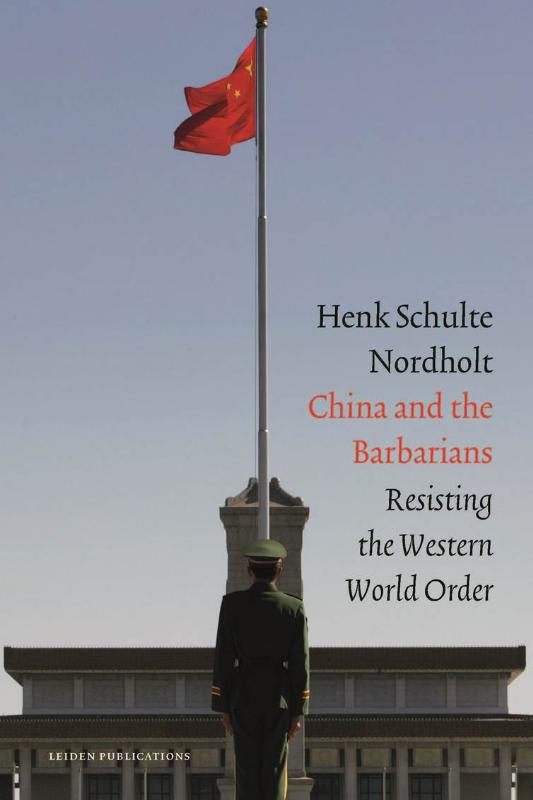Samenvatting
Since time immemorial China regarded its culture and statecraft superior to other nations, but in the ‘Age of Humiliation’ (1839-1949), it was reduced to a semi-colony. The old empire has now regained its strength, but what drives its domestic and foreign policy?
China calls itself a ‘Socialist’ country, but the appellation of philosopher Tu Weiming is more adequate: A battlefield of Socialism, Liberalism and Confucianism.
The outcome of this struggle will have profound repercussions. Continuation of the present policy will only lead to more tensions: Beijing’s expansionist policies in the South China Sea and Eurasia (the ‘One Belt, One Road’ initiative) are aimed to restore the days of China’s imperial grandeur.
If China choses a different political model that blends the Confucian tradition with a western style representative government, a clash with its neighbours and the United States can be avoided.
China and the Barbarians offers a fascinating insight into the thinking of China’s philosophers and powerbrokers of the past and present. Interviews with eight prominent Chinese intellectuals add an authentic ring to this book.
‘A clever and astute book that shows how the Chinese Communist Party is using classical culture to redesign society’
– NRC Handelsblad
Over 10.000 copies sold of the Dutch edition.
Hendrik Schulte Nordholt (1953) is a sinologist. He has been involved in China for more than thirty years as government official promoting Dutch-Chinese economic relations, a banker and a businessman. Schulte Nord¬holt has lived in China for twenty years, and frequently speaks and publishes on China.




